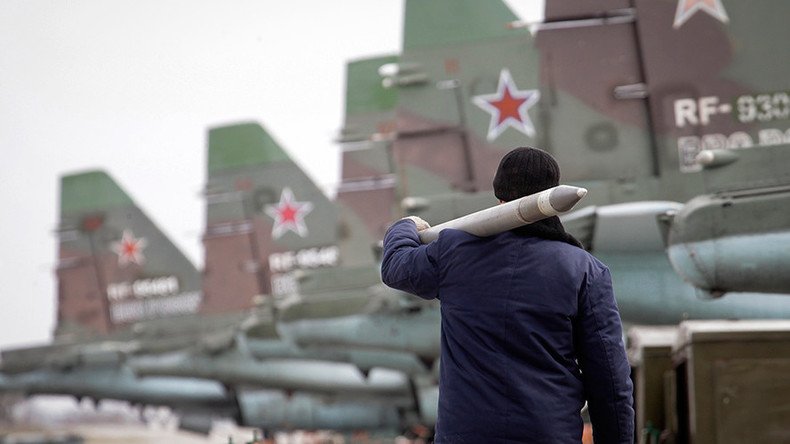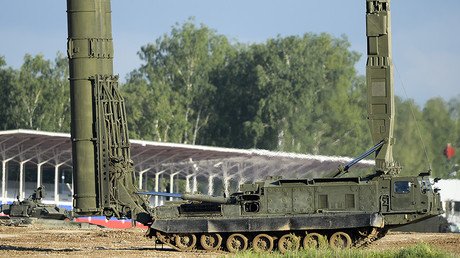Russia & allies test joint air defenses as over 100 aircraft, 130 command centers put on alert

Over 100 fighter jets, long-range bombers and combat helicopters have been scrambled at their bases across Russia and six post-Soviet states as the allies prepare to test their integrated air defense system in a massive military exercise.
More than 130 command and control centers have been put on alert in Russia and six former Soviet republics – Armenia, Belarus, Kazakhstan, Kyrgyzstan, Tajikistan and Uzbekistan – the Russian Defense Ministry said in a statement on Wednesday.
All the countries contribute to the integrated air defense system overseen by the Commonwealth of Independent States (CIS) – an alliance of former Soviet republics that emerged after the collapse of the USSR.
The large-scale military exercise is to train high-readiness forces in dealing with “airspace violations, including by hijacked aircraft” as well as “assisting crews of aircraft in distress,” the ministry added.
Some 100 aircraft, including Su-27, MiG-29 and MiG-31 fighter jets, Su-24 and Su-34 bombers, as well as Su-25 ground attack jets and combat helicopters provided by the allies, are expected to take part in the drill.
Troops from electronic warfare and surface-to-air missile units are also participating.
The exercise started at 8am Moscow time with Tu-160, Tu-95MS and Tu-22M3 aircraft given the roles of aggressor. The planes, simulating an adversary force, were spotted over Eastern European and Central Asian airspaces, the Russian military said.
All units are being coordinated from a Russian Air Force command center located outside Moscow.
The joint CIS air defense system, established in 1995, currently focuses on protecting the ex-Soviet countries’ airspace as well as providing air or missile strike early warnings and coordinated responses.
Russia contributes the bulk of the system’s early warning and air defense capacities, with short- and long-range radar stations monitoring the area.
Notably, the system does not have a single commander. It is collectively controlled by the chiefs of the air defense forces of the member states themselves.
Bilateral air defense systems between Russia and its neighbors have also been established in recent years. Last December, an air defense agreement between Russia and Armenia was signed by the two countries’ defense ministers, Sergey Shoigu and Seyran Oganyan, respectively.
In 2013 Moscow signed a separate treaty on a joint regional air defense system with Kazakhstan. Russian and Belarusian anti-aircraft missile forces have already been unified into an integrated system designed to contain any security threats in the European theater.













